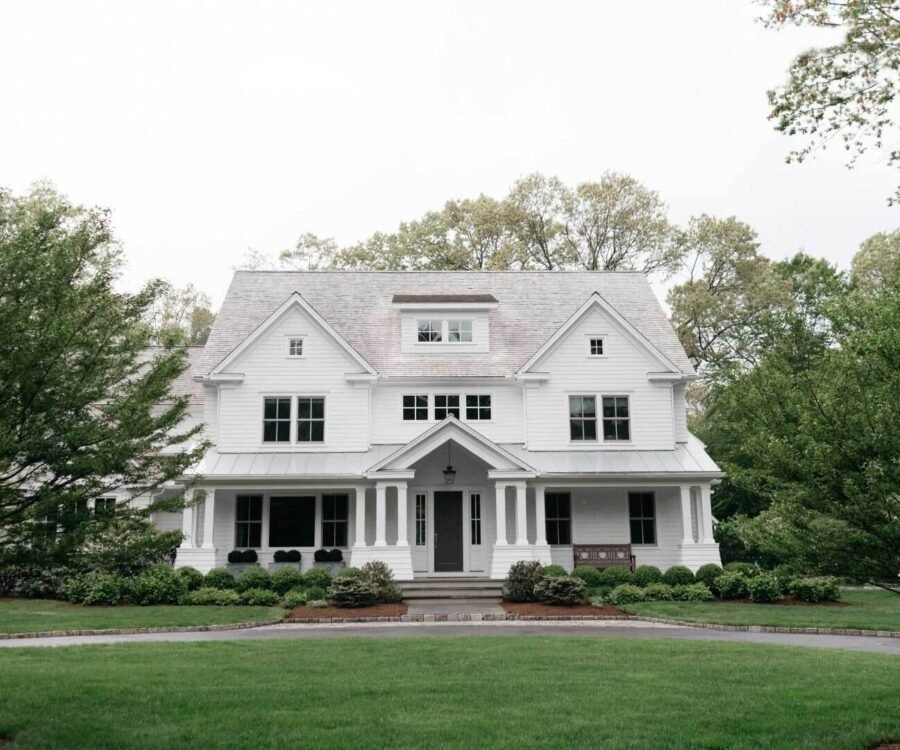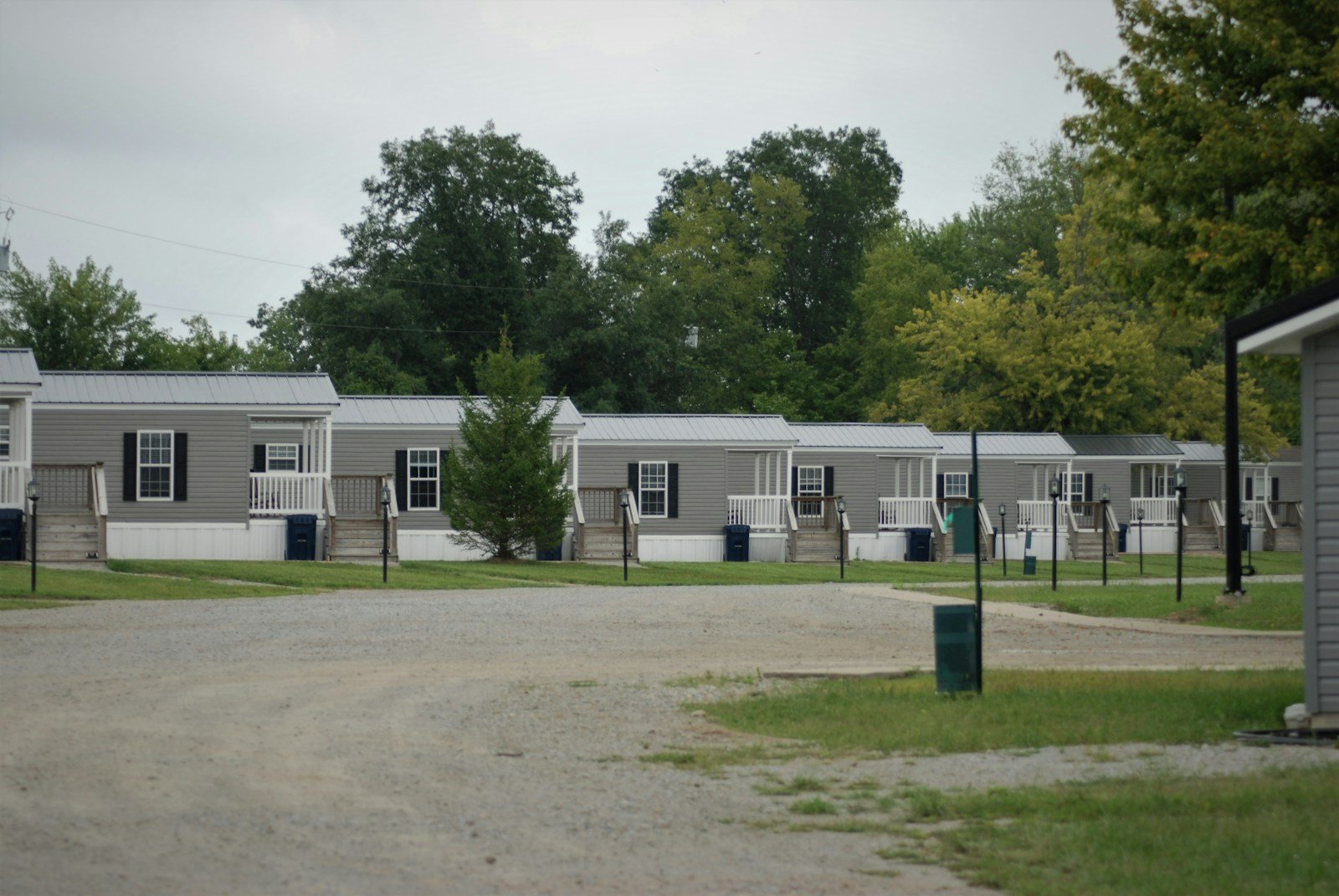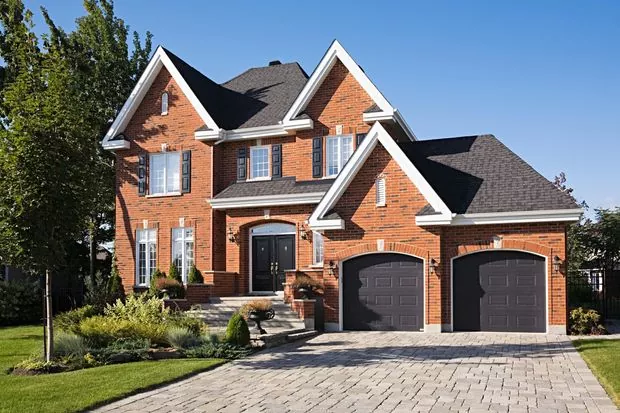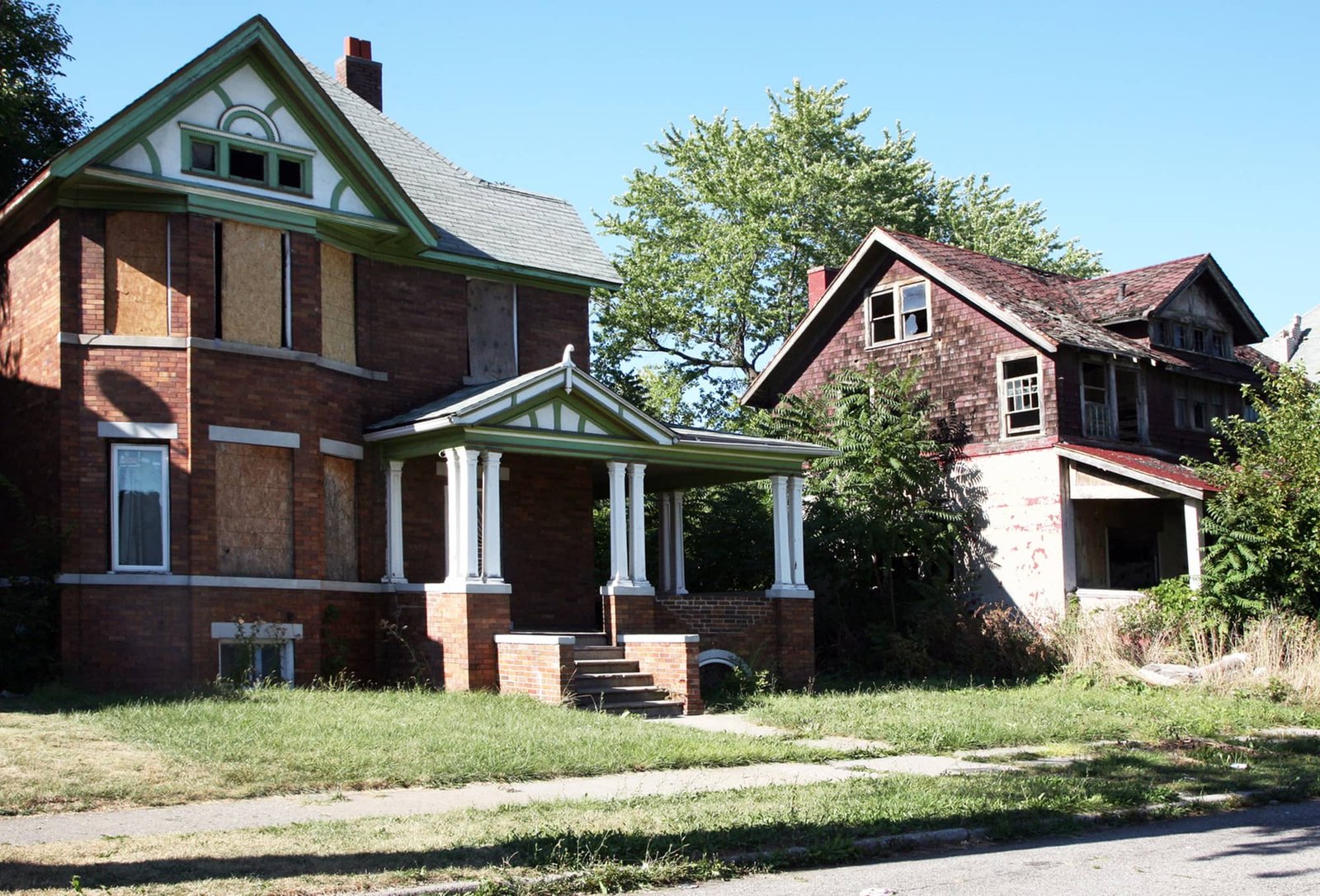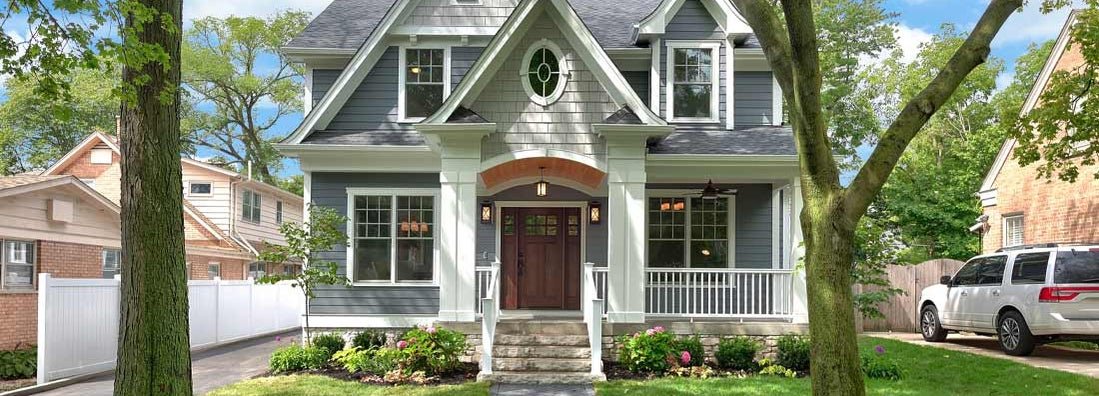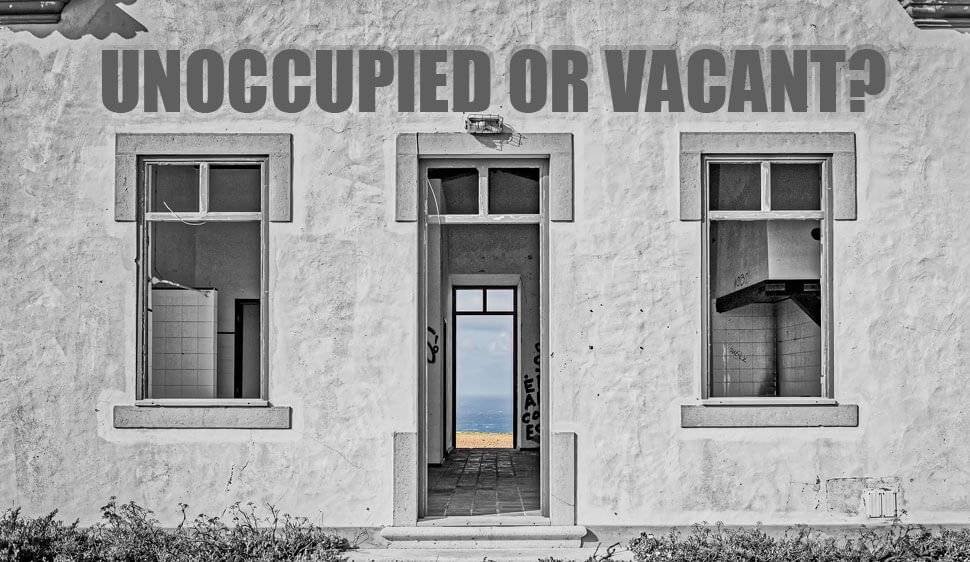
Here are 8 major differences between vacant and unoccupied property insurance:
Definition of Property Status:
Vacant Property: A property is considered vacant when it is entirely empty, with no furniture, occupants, or personal belongings.
Unoccupied Property: A property is unoccupied when it is furnished and habitable but temporarily not being lived in by the owner or tenants.
Risk Assessment:
Vacant Property: Considered high-risk due to the complete absence of people, making it more susceptible to vandalism, theft, fire, and water damage.
Unoccupied Property: Lower risk compared to vacant properties because it appears lived-in, even if temporarily uninhabited, deterring potential intruders.
Insurance Coverage Scope:
Vacant Property Insurance: Specifically designed to cover the unique risks associated with an empty property, often including coverage for vandalism, malicious mischief, and liability for injuries that may occur on the property.
Unoccupied Property Insurance: Provides similar coverage as standard homeowners insurance but may exclude or limit coverage after a certain period of unoccupancy (e.g., 30 to 60 days).
Premium Costs:
Vacant Property Insurance: Typically more expensive due to the heightened risk factors associated with a completely empty home.
Unoccupied Property Insurance: Generally less costly as the risk is perceived to be lower due to the maintained condition of the property.
Policy Terms and Conditions:
Vacant Property Insurance: Often comes with stricter terms, such as requirements for regular inspections, maintaining utilities, or installing security systems.
Unoccupied Property Insurance: Less stringent, usually focusing on ensuring the property is properly secured and occasionally checked.
Duration of Coverage:
Vacant Property Insurance: Intended for long-term vacancies, such as homes awaiting sale, new builds, or properties between tenants.
Unoccupied Property Insurance: Designed for shorter, temporary periods of absence, such as vacations, renovations, or seasonal use.
Claim Handling:
Vacant Property Insurance: Claims may be more scrutinised due to the higher likelihood of damage occurring in an empty property, often requiring proof of regular maintenance or security measures.
Unoccupied Property Insurance: Claims are typically processed similarly to standard homeowners policies, with some adjustments based on the duration of occupancy.
Examples of Applicable Scenarios:
Vacant Property: A rental property that is currently without tenants, a home listed for sale after the owner has moved out, or a newly constructed home awaiting buyers.
Unoccupied Property: A primary residence while the owner is on an extended vacation, a second home during the off-season, or a home under minor renovations where the owner plans to return.
Key Summary:
Vacant property insurance is tailored for properties that are entirely empty and at higher risk, often requiring more stringent policy terms and higher premiums. In contrast, unoccupied property insurance is suitable for temporarily unused but maintained homes, generally with more lenient conditions and lower costs.
Would you like to explore these differences in more depth or need assistance with specific insurance options?




